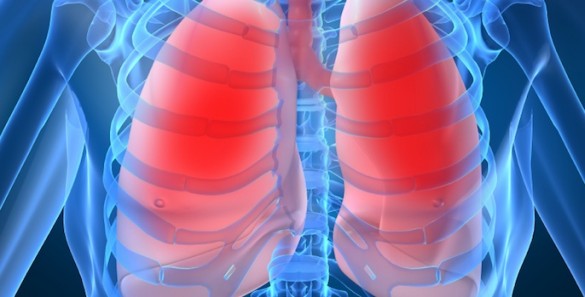
Pulmonary arterial hypertension (PAH) is high blood pressure that hardens and narrows the arteries carrying blood to the lungs, making it harder for the heart to pump blood through them. Heart failure can result.
An inherited form of the disease can result from a mutation in the type 2 receptor for bone morphogenic protein (BMPR2) which increases the activity of SRC (short for sarcoma), a proto-oncogene that encodes a tyrosine kinase. Activation of the serotonin receptor, HTR2B, also turns on SRC.
The laboratories of James D. West, Ph.D., and W. David Merryman, Ph.D., from the Departments of Medicine and Biomedical Engineering, showed that they could prevent heritable PAH in a mouse model with a small molecule that blocked HTR2B and down-regulated SRC activity.
Their study, published last week in the journal PLOS ONE, is the first to demonstrate a potential drug strategy for preventing heritable PAH in an animal model with the human-derived genetic mutation by targeting SRC activation.
The research was supported in part by National Institutes of Health grants HL095797, HL108800, and HL115103.
Send suggestions for articles to highlight in Aliquots and any other feedback about the column to aliquots@vanderbilt.edu















